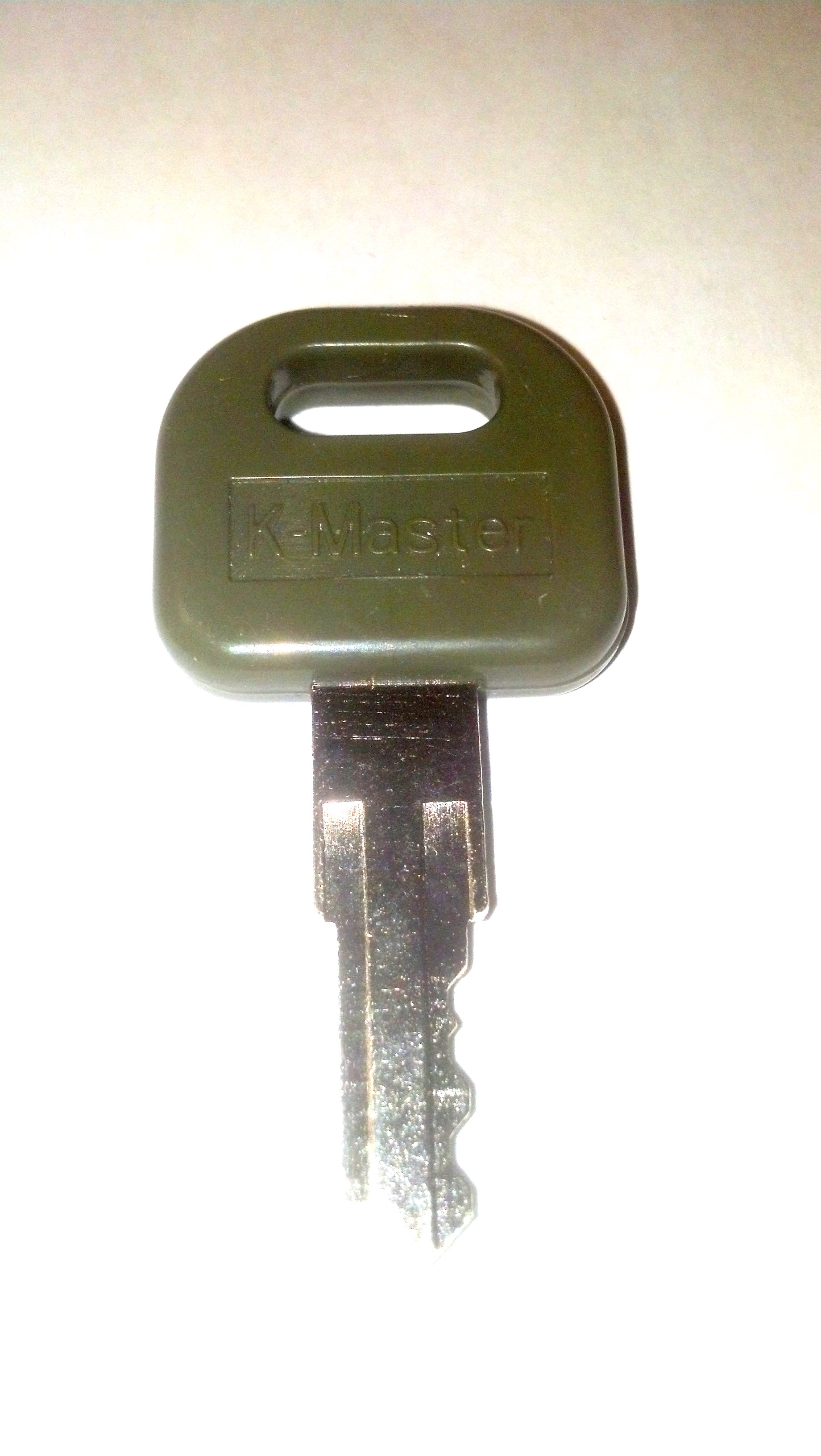


The ADSER plans, directs, and coordinates all security functions to ensure a comprehensive protection and security program for NIH. Director, NIH: Has delegated authority for the protection of NIH facilities and grounds to the Associate Director for Security and Emergency Response (ADSER), ORS, who is the Deputy Chief Security Officer for NIH.Exceptions to this policy must be submitted in writing by the Institute, Center and Office (ICO) supervisor and/or Administrative Officer (AO) to the Director, DPSAC for approval. Keys will not be issued to participants in the Student Temporary Employment Program, summer appointees, special volunteers, guest researchers, etc. Master keys and/or grand master keys will be issued only to NIH police, fire department officials and the ORFDO/ DFOM/TST/Security/ Locksmith Section. The decision to rekey will be determined by ORFDO/Division of Facilities Operations and Maintenance (DFOM)/Technical Support Team (TST)/Security/Locksmith in collaboration with ORS DPSAC. If a key is lost, the cylinder may need to be changed and new keys issued. Use of other than standard locking devices must be approved by the Director, DPSM in writing, prior to its use.Įmployees will only be issued one key and one replacement of a lost key for the room they occupy.

Key and cylinder locks are the approved locking mechanism for rooms in NIH facilities except when an electronic access control system is required to comply with regulatory or other requirements. The Privacy Act of 1974 requires agencies to establish appropriate administrative, technical, and physical safeguards to ensure the security and confidentiality of Privacy Act records. Mechanical locking systems are the responsibility of the Office of Research Facilities Development and Operations (ORFDO).ĭue to the overriding security concerns for the protection and safeguarding of employees, visitors, property, and compliance with federally mandated, NIH and the HHS Inspector General Security policies, standards and guidelines, NIH policy is to close and lock building perimeter doors and rooms outside normal business hours and for special events, unless specified otherwise. The ORS, Division of Physical Security Management (DPSM), Security and Emergency Response (SER), approves the use and installation of electronic locking systems.
#Master key replacement in maryland manual
Entrance and corridor room doors in other buildings are mechanically controlled.Įlectronically controlled systems are administered by the Office of Research Services (ORS), Division of Personnel Security and Access Control (DPSAC), in compliance with NIH Policy Manual 1405 – NIH Physical Access Control. Major buildings on the NIH Bethesda campus are secured by electronically controlled locking systems. Federal, Department of Health and Human Services (HHS), and NIH physical security policies and guidelines identify requirements for securing facilities against threats and risks. The NIH is closed at all other times at the direction of the NIH Director. Federal regulations state that the National Institutes of Health (NIH) campus is officially open to the public during normal working and visiting hours, and for approved public events.


 0 kommentar(er)
0 kommentar(er)
